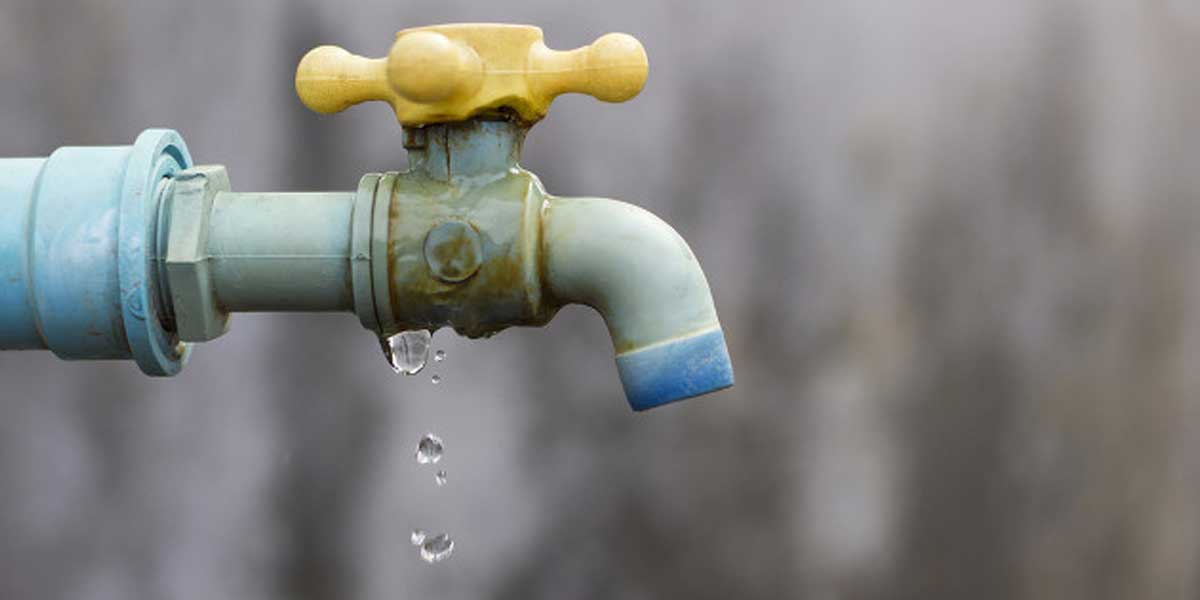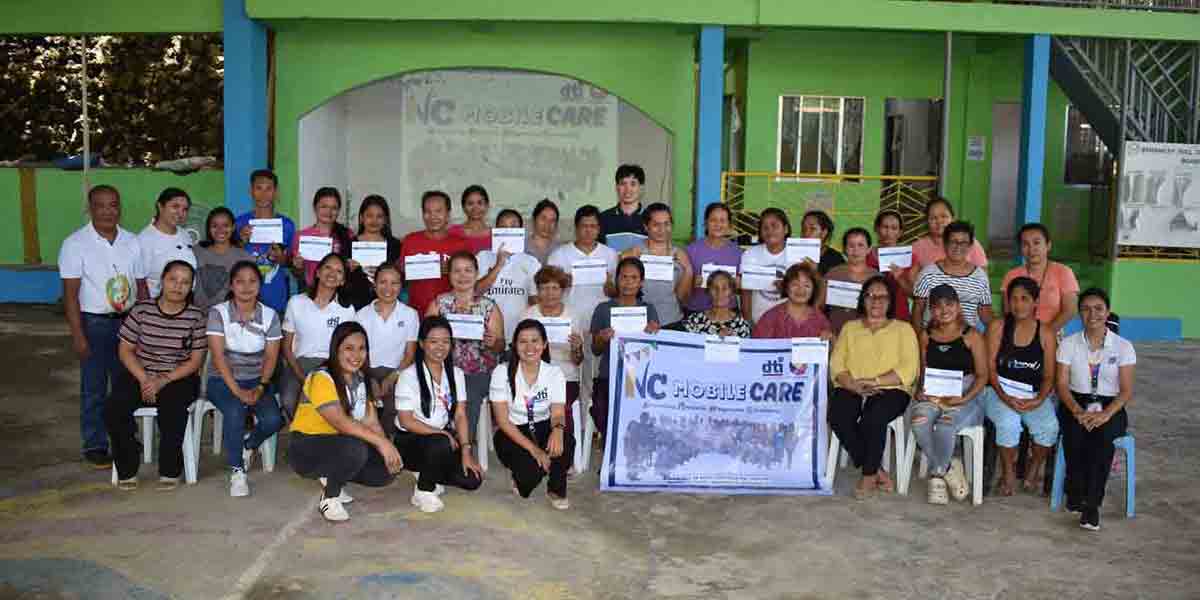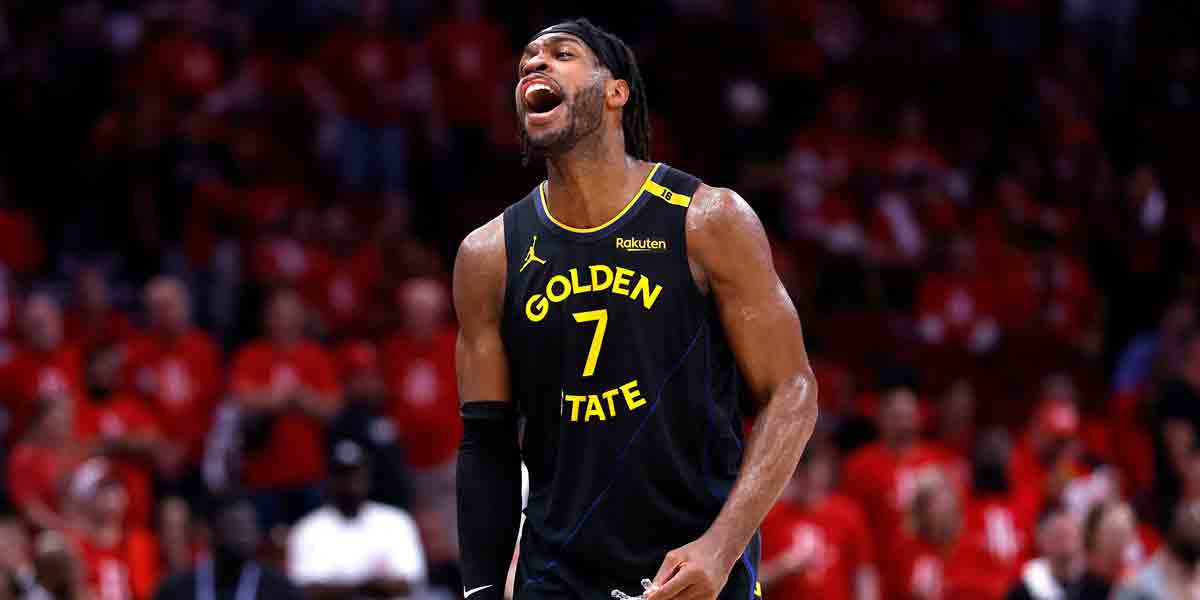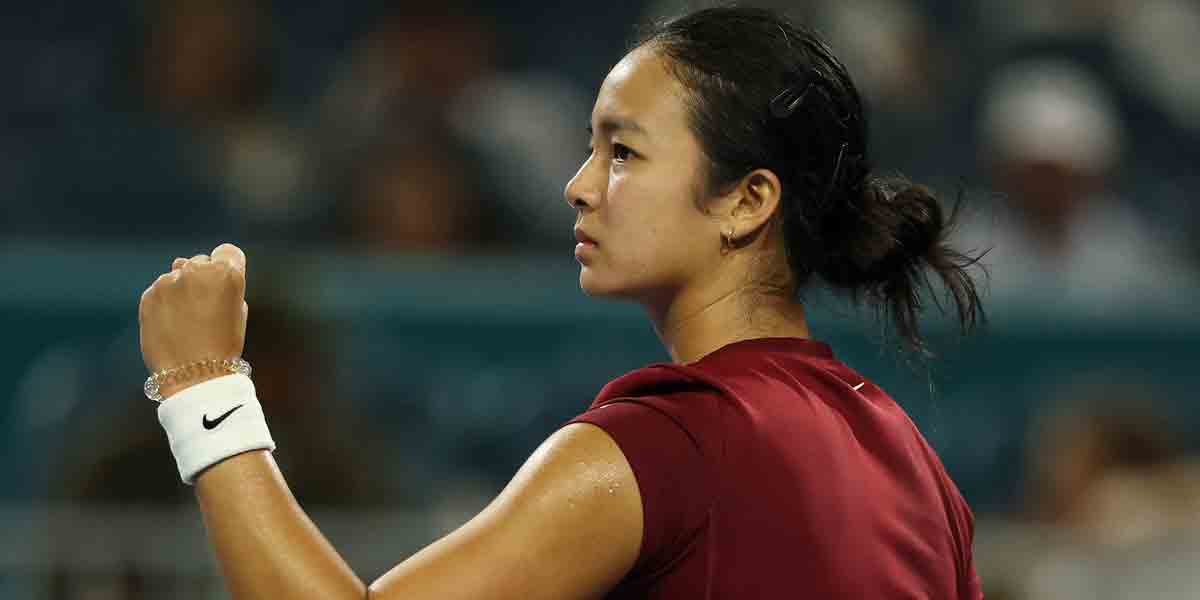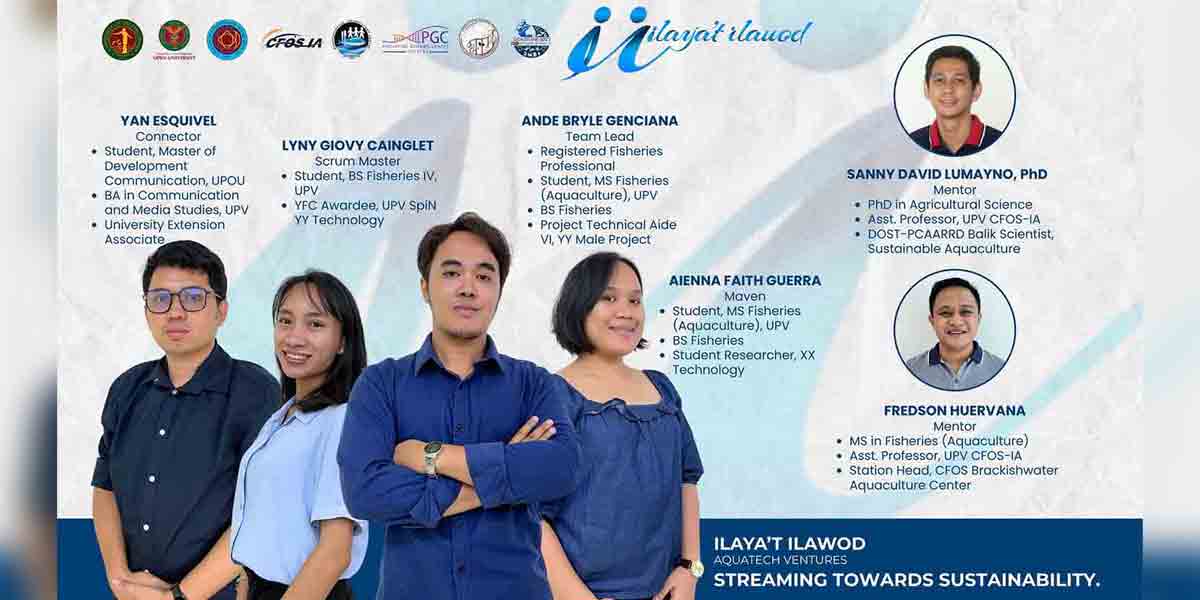By Jose Mari Tirol
We are now going through the motions of the most participative of all democratic processes. While the campaign period for the 2022 elections has not yet started, candidates and their supporters are already going around, either in person or thru media, to win the support of the people.
We may not realize it, but appeals to our emotion will always be part of our decision-making processes. Including our choice of leaders. Appealing to our feelings is just one of the ways that candidates, parties, and even merchants convince us to patronize them, their platforms, and their products. Which is not inherently bad.
However, there are some parties who appeal to our emotions and seek to raise our visceral reactions by using fantasy instead of facts. They have vague platforms and programs, so their campaign markets them thru their carefully cultivated, but counterfactual image as underdogs who deserve pity, sympathy, and support. They further blur the line between politics and showbiz, and give new meaning to the word “performance”. They target all of us, and seem to concentrate on the so-called CDE, whose support they court during campaigns and whose power they charitably invoke on election day. Who they reward with lip service. Until the next election cycle.
Nevertheless, we must recognize that not all appeals to emotion are based on fantasy, myth, and fakery. The solid ones are based on truth and reality, matters that we know by personal experience or through the testimony of credible sources. These must not be twisted or brushed aside and need to be asserted, invoked, and protected. Against the onslaught of all efforts – including misleading arguments disguised as factual assertions – to render them irrelevant.
Furthermore, we must abandon the feudally incorrect conclusion that the disadvantaged sectors of society do not care about who their leaders are because their focus is on how to put food on their table. This paternalistic attitude romanticizes their situation and patronizes them, and is a form of othering that reduces them into pawns and excludes their voices from the conversation. It fails to acknowledge their inherent human dignity and membership in our community and nation, and limits their role in nation-building to the act of casting their votes on election day.
Moreover, this outlook disregards the various instances of the poor willingly sharing whatever they have to those in need, as well as those who identify with and support candidates whose clear platforms they share. It also overlooks those candidates who sincerely listen to and empower them by working with them to identify and address the root causes of their problems, to uplift them from the economic and social fringes of society.
In fact it is our obligation to our fellowmen and to ourselves to help each other by advocating truth, justice, and the rule of law. As well as the process, not only the intended result. And of ensuring that the most participative of all democratic processes is practiced with the seriousness it deserves. With full appreciation and understanding of its consequences, which last long after the last ballot is counted and the winners proclaimed.
We as a people and as a nation will never progress and prosper unless we work together to end the practice of traditional politicians who use the electoral process to perpetuate themselves in power, by deploying their outcome-based miseducation of the Filipino.
Because if we are truly for the underdog, then we should be working together to improve the quality of life of everyone, and not just of one.

